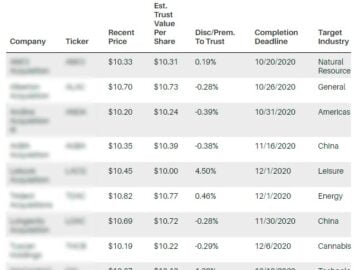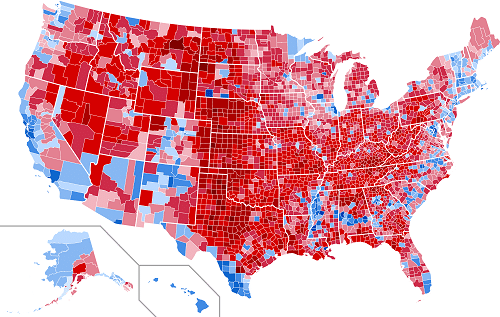Seeking out great stocks to buy is essential, but many would say it’s even more important to know which stocks to steer clear of. A losing stock can eat away at your precious long-term returns. So, figuring out which stocks to trim or get rid of is essential for proper portfolio maintenance.
Even the best gardens need pruning, and our team has spotted a few stocks that seem like prime candidates for selling or avoiding. Continue reading to find out which three stocks our team is staying away from this week.
Rising interest rates and a cooling off of the red-hot housing market create a challenging backdrop for mortgage provider Rocket Companies (RKT). Mortgage interest rates have increased about 90 basis points year-to-date, and the average rate for a 30-year mortgage is currently 4.19% versus an average of 3.09% in 2021. This is likely to drive origination volumes lower and lead to elevated competition as mortgage originators compete in a smaller market.
Rocket has struggled to meet expectations for the past few quarters as it laps 2021’s blockbuster numbers. Most recently, the company came out with quarterly earnings of $0.32 per share, missing the consensus estimate of $0.38 per share. This compares to earnings of $1.14 per share a year ago. Revenue was reported as $2.59B, missing consensus expectations of $2.62B.
Rocket’s been underperforming the broader market so far in 2022. RKT shares have lost about 17% since the beginning of the year versus the S&P 500’s decline of 9%. The pros on Wall Street say to Hold RKT. Of 15 analysts offering recommendations, 3 rate the stock a Buy, 10 rate it a Hold, and 2 say to Sell the shares.
After reporting mixed Q4 earnings and issuing lower than forecast 2022 guidance, Roku Inc. (ROKU) shares plunged more than 22%. With Roku’s price nearly 80% off of its July ATH, eager investors may see a buying opportunity here. Considering the obstacles that the not-yet-profitable company is up against, we beg to differ.
The supply chain disruptions that hampered growth in the U.S. television market in 2021 will likely persist well into 2022. “Overall TV unit sales are likely to remain below pre-Covid levels, which could affect our active account growth,” Anthony Wood, Roku’s founder, and CEO wrote in the company’s letter to shareholders. “On the monetization side, delayed ad spend in verticals most impacted by supply/demand imbalances may continue into 2022.”
Roku said it sees revenue of $720 million for the first quarter, which implies 25% growth. Analysts were projecting revenue of $748.5 million for the period. Pivotal Research was one of several firms to decrease its rating on Roku on Friday. Analyst Jeffrey Wlodarczak downgraded the stock from Hold to Sell and slashed its price target to $95 from $350.
“The bottom line is with increasing competition, a potential significantly weakening global economy, a market that is NOT rewarding non-profitable tech names with long pathways to profitability and our new target price, we are reducing our rating on ROKU from HOLD to SELL,” the analyst wrote in a note to clients.
School bus maker Blue Bird Corp. (BLBD) could be the beneficiary of increased infrastructure spending in the years to come. However, ongoing supply chain disruptions and the rising cost of materials have taken a toll and are expected to hold back 2022 production. BLBD makes our list of stocks to avoid after a dismal earnings call where the company reported misses on the top and bottom lines for the fourth quarter and lowered 2022 guidance.
The company cited supply chain snags as the cause for its Q4 production miss. Over 2,000 school bus deliveries were pushed back into fiscal 2022. Things could get worse before they get better for Bluebird. Sure, the company’s backlog is at a record high, but the 4,200 units currently in backlog are mostly at fixed price commitments that predate an 11% price increase for inflation, and there has been talk of at least one more price increase in 2022.
Roth Capital analyst Craig Irwin recently lowered the firm’s price target to $13 from $21 and kept a Neutral rating for BLBD. The analyst cited the “ugly Q4 results” and uncertainty around the expected infrastructure funding, due in part to heavy funding support for EV busses.
The good news for Blue Bird is that school bus demand has largely recovered to pre-pandemic levels, and order strength has returned. Until supply chain and material cost issues are in the rearview, we’ll stay away from this one.













